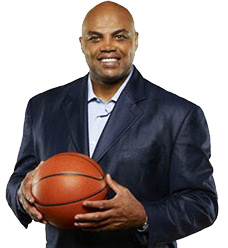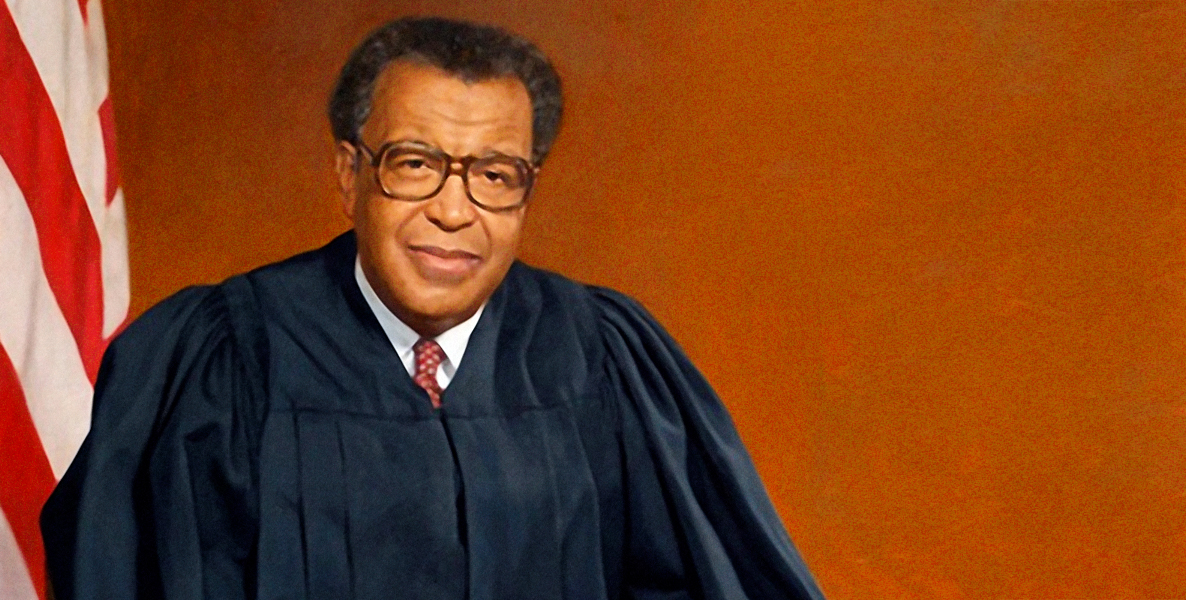In 2016, Charles Barkley marked Black History Month with a daily spotlight on local African-American heroes. Many of them didn’t make it into the history books or even the newspapers of their time. But their stories are inspiring and worth knowing. Here’s another look.
01
Leon Higginbotham Jr.
District Court Judge
Leon Higginbotham Jr.
District Court Judge
(February 25, 1928 - December 14, 1998)
A district court judge appointed by President Jimmy Carter in 1977—the first African American to hold the position—Leon Higginbotham was a jurist, a scholar and an orator. He was first Black appointee to a federal regulatory body when President Kennedy placed him on the Federal Trade Commission, and was Philadelphia’s first African-American assistant district attorney.
He was a voice for the downtrodden who never shied away from a fight. Two weeks before his death, he testified before Congress against the impeachment of President Bill Clinton.
When Congressman Bob Barr made reference to “the real America,” Higginbotham said: “My father was a laborer. My mother was a domestic. And I climbed the ladder and I didn’t come to where I am today through some magical vein. So I am willing to match you, any hour, any day, in terms of the perception of the real America.”
![]() EDUCATION:
EDUCATION:
- Antioch College, B.A. 1949
- Yale University Law School, LL.B, 1952
ACCOMPLISHMENTS:
- Philadelphia Assistant District Attorney, Philadelphia, 1953-54 under D.A. Richardson Dilworth (the first black lawyer to argue in the Court of Common Pleas)
- President, Philadelphia Chapter of the NAACP, 1960-1962
- Appointed by President Johnson to Judge of the Eastern District of Pennsylvania, 1964
- Elevated by President Carter to the United States Court of Appeals in 1977, where he served until 1993
- Founder of SAFE, the South Africa Free Election Fund, and ultimately helped draft a new constitution for post-apartheid South Africa
FINAL WORD:
“Judge Higginbotham’s work and the example he set made a critical contribution to the course of the rule of law in the United States and a difference in the lives of African Americans, and indeed the lives of all Americans,” said Nelson Mandela. “But his influence also crossed borders and inspired many who fought for freedom and equality in other countries.”
EXTRA READING:





